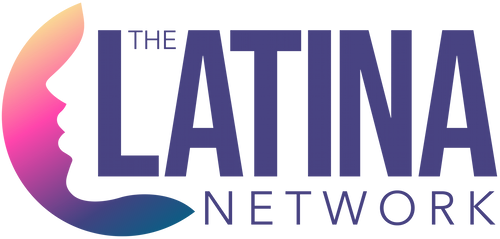Walk into any conference on artificial intelligence, fintech, or healthtech, and you’ll see the same faces on stage: mostly white, mostly male. Yet beneath the polished keynotes, a quieter revolution is underway. Latinas are entering the rooms that once seemed sealed off—founder seats, VP roles, product leadership in SaaS and data-driven companies—and they are not just participating, they are changing the culture of technology itself.
The familiar explanation—that the pipeline is “too thin”—has always been a deflection. The reality is that Latinas are earning degrees in STEM at record levels, but advancement in tech is not merely about credentials. It is about building both technical and commercial credibility in tandem. A brilliant coder who can’t translate her innovation into a business case remains invisible; a gifted strategist without technical fluency risks being sidelined as “non-technical.” The Latinas who break through are those who master both—the architecture of systems and the architecture of revenue.

Take Ana, a software engineer who contributed to open-source AI projects while simultaneously advising a fintech startup on product-market fit. Her GitHub commits gave her technical authority; her advisory work showed investors and recruiters she could connect code to commerce. That dual credibility made her irresistible when a venture-backed SaaS company sought a new VP of Engineering. “I realized I couldn’t wait for permission to call myself an expert,” she says. “I had to build the receipts—public work, side projects, and proof that I could drive adoption, not just write elegant code.”
For many Latinas, these “portfolio careers” become the proving ground: hackathons that sharpen problem-solving under pressure, accelerators that provide early exposure to investors, advisory gigs that expand perspective beyond one company. The mosaic of experiences builds a profile that speaks louder than a single job title ever could. It also creates resilience. When one door closes, another path has already been opened.
But skill alone is never enough. The most successful Latinas in tech know how to tell the story of their product—and of themselves. Product storytelling isn’t marketing fluff; it’s the bridge between technology and belief. It persuades users to adopt, hires to join, investors to bet. When a Latina founder can narrate how her SaaS platform solves a pain point in language both engineers and CFOs understand, she moves from candidate to leader. In boardrooms, this ability becomes catalytic: the storyteller reframes the company’s vision and draws others into it.

Networks are another force multiplier. Not just mentorship—though mentors matter—but sponsors who are willing to put their own reputations on the line to open doors. Peer circles also matter, especially those where Latinas can share intelligence on recruiters, grants, and investors without the filter of competition. In private Slack groups, WhatsApp chats, and community forums, strategies are traded like currency: which accelerator actually delivers, which hackathon leads to real opportunities, which VCs will listen without bias. “It wasn’t my résumé that landed me in the C-suite,” one healthtech executive admits. “It was a peer who pushed my name onto the shortlist. That changed everything.”
Visibility compounds. Speaking at meetups, writing a thought piece on Medium, leading an open-source project—all of these push a Latina founder or leader into the public eye, where opportunities multiply. Each talk, each article, each contribution creates a breadcrumb trail of credibility that investors and employers can follow. The effect is exponential: what begins as a blog post becomes a keynote; what starts as a hackathon project becomes a funded product.

The question is not whether Latinas can lead in tech—they already are. The real question is what conditions will allow them to scale their leadership without having to fight bias at every turn. Companies that diversify not only their hires but their sponsors and decision-makers will find themselves with an edge in markets that demand cultural fluency as much as technical fluency. Investors who back Latinas early will find themselves ahead of the curve on products that speak to the fastest-growing consumer bases in the nation.
For the Latina reading this in her dorm room, or coding after hours at a job that doesn’t see her full potential, the playbook is clear. Build your technical and commercial credibility simultaneously. Say yes to portfolio opportunities that showcase versatility. Craft a product story that wins belief as much as adoption. Find mentors, demand sponsors, and build peer circles that move doors off their hinges. And above all, step into visibility—because the tech world cannot afford for you to remain unseen.
The myth of the pipeline has always been a convenient excuse. The truth is simpler: leadership in tech belongs to those who seize it, and Latinas are already proving that the next generation of AI, fintech, SaaS, and healthtech will not look like the last. It will look like us.











